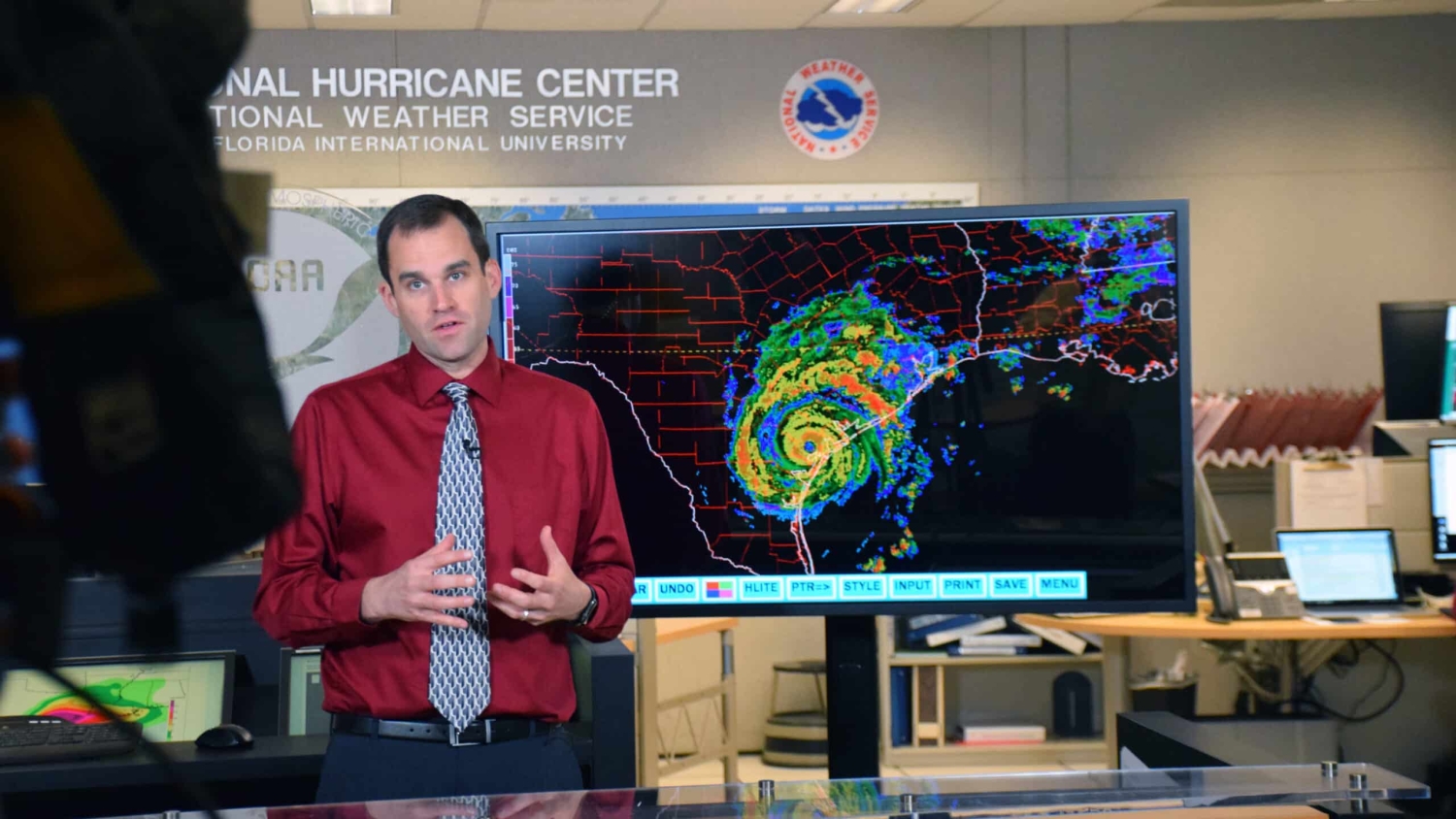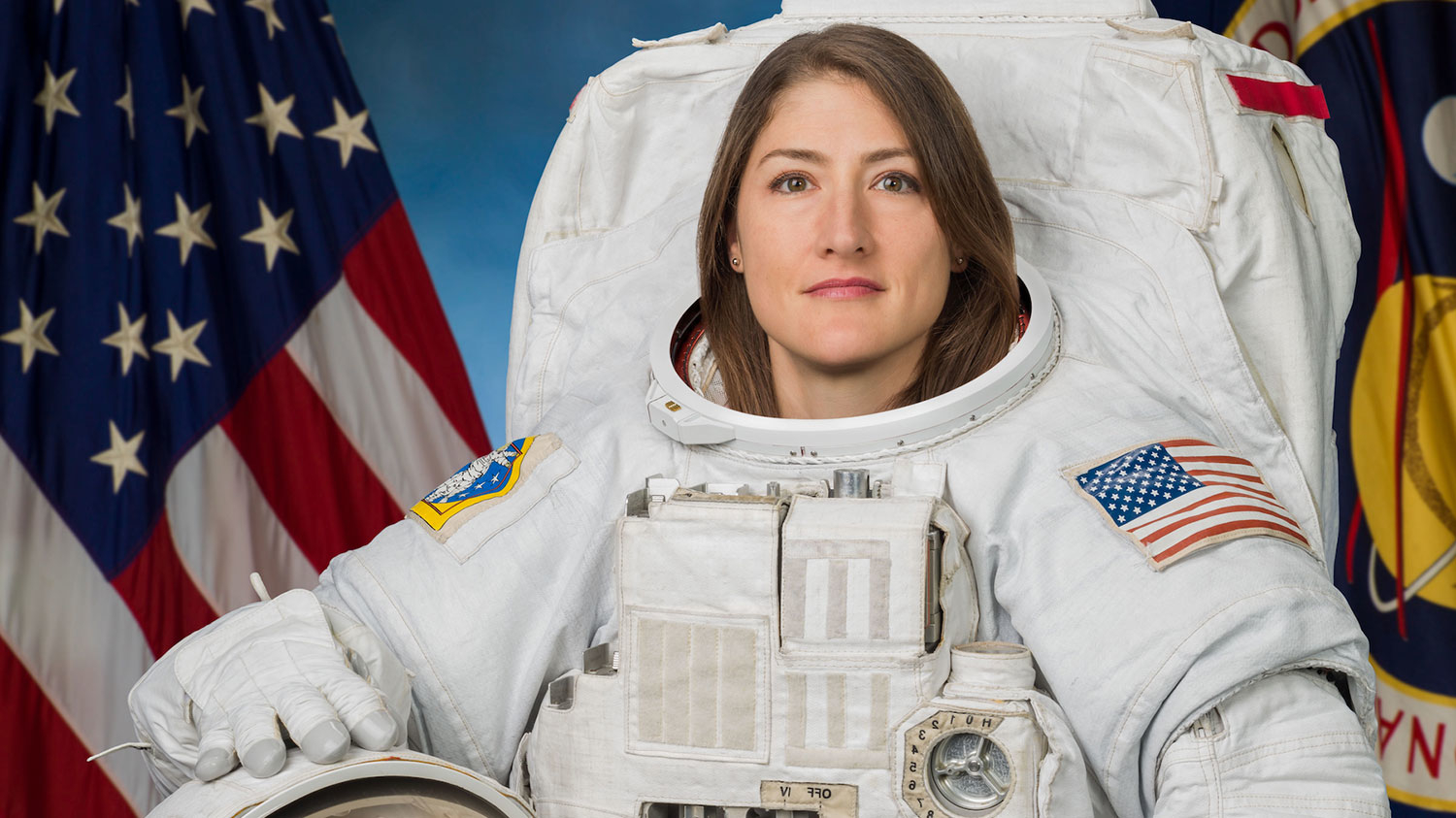Mike Brennan first became interested in studying hurricanes when he was 8 years old.
That’s when a catastrophic flood caused by the remnants of Hurricane Juan blew through his hometown of Roanoke, Virginia, causing 62 deaths and some $1.4 billion in damage .
Among the damage was the total destruction of his grandmother’s house in the Roanoke Valley.
“I think most people who are meteorologists all had some kind of experience as a child that led to a fascination with weather,” Brennan said in a 2011 interview. “(Those floods) made an impression on me.”
He spent time in high school working at a Virginia television station and in college as an intern at Raleigh’s WRAL learning broadcast meteorology, but he turned his attention to research and forecasting.
Monday, Brennan was named the 14th director in the history of the National Oceanic and Atmospheric Administration’s National’s Hurricane Center, taking over the permanent position at the division responsible for tracking and predicting tropical weather systems.
Brennan trained for the new position by earning three degrees from NC State — a bachelor’s in meteorology and both a master’s and a Ph.D in atmospheric sciences — and spending nearly 15 years at the NHC’s Miami headquarters as a senior hurricane specialist.
Among his first orders of business: releasing the NHC’s annual forecast for the 2023 hurricane season, which begins June 1. (Spoiler alert—this year’s forecast says the season will be in line with historical averages.)
Brennan is well-known in North Carolina weather circles. His academic work included cold-air damming erosion (his master’s thesis) and the failed forecasts of the 2000 snowstorm that dumped 20 inches of snow on the Triangle.
Throughout his career he has maintained close contact with his instructors, advisors and mentors in the College of Sciences, as well as the state climate office on Centennial Campus, because of North Carolina’s place as the nation’s most meteorologically diverse state that has been affected many times by hurricanes, tornadoes, coastal flooding and other climate-change erosions.
“Our office has worked directly with Mike over the years, and we’re thrilled by this pick,” said Kathie Dello, North Carolina’s state climatologist and director of the climate office. “He’s a savvy scientist, dedicated public servant and will be committed to keeping people and property safe from destructive hurricanes.”
This post was originally published in NC State News.
- Categories:




